
Katharine Gammon is a freelance science writer in Santa Monica, CA, who has written for The Atlantic, The New York Times, Wired, National Geographic, The Guardian and other outlets. She specializes in human-centered narrative journalism work about the environment, and her stories have twice been featured as honorable mentions in The Best American Science and Nature Writing. Gammon holds an undergraduate degree in environmental studies and anthropology from Princeton University and a master's degree in science writing from MIT.

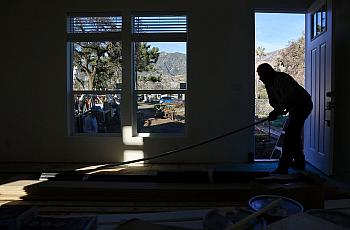
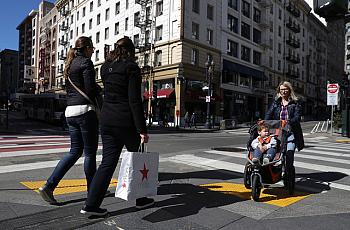
![[Photo by Lars Plougmann via Flickr.]](/sites/default/files/styles/teaser_list_thumbnail/public/title_images/photo1_8.jpg?itok=Ms7IGNwC)
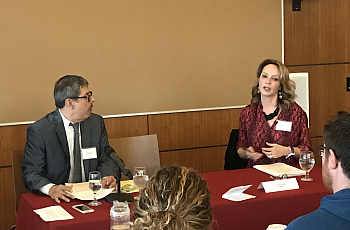
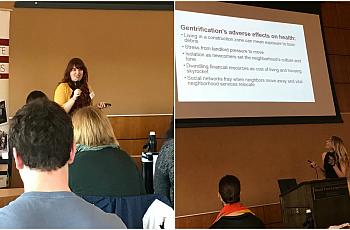
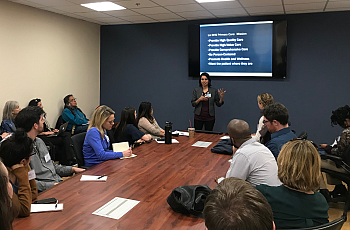
![[Photo by Wyncliffe via Flickr.]](/sites/default/files/styles/teaser_list_thumbnail/public/title_images/unnamed_154.jpg?itok=3tL5BgjR)
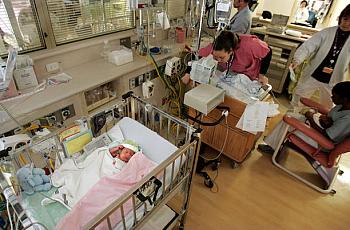
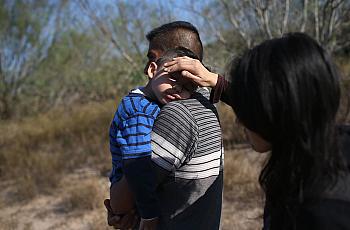
![[Photo by Peter Organisciak via Flickr.]](/sites/default/files/styles/teaser_list_thumbnail/public/title_images/unnamed_135.jpg?itok=ZuS0Zihc)